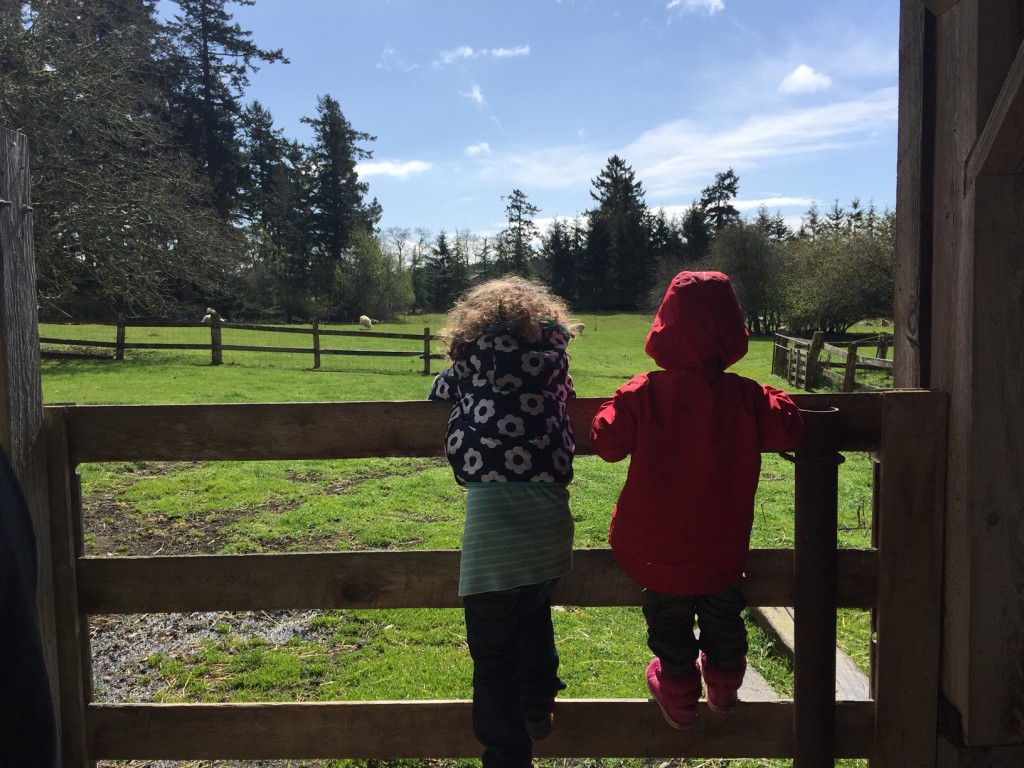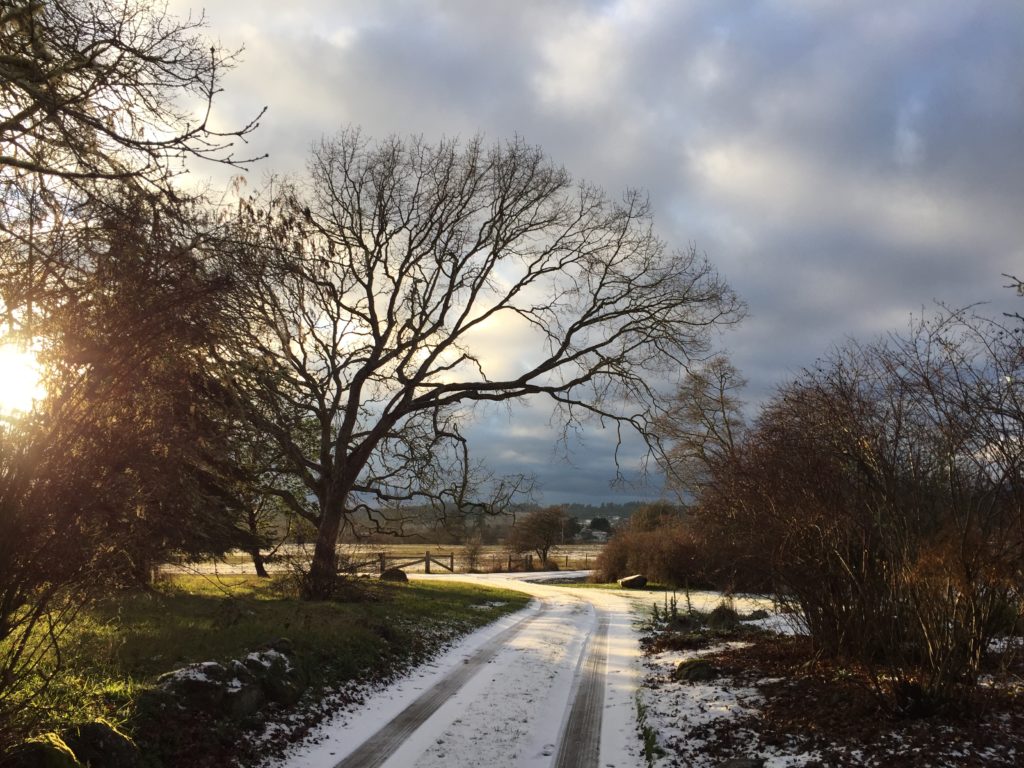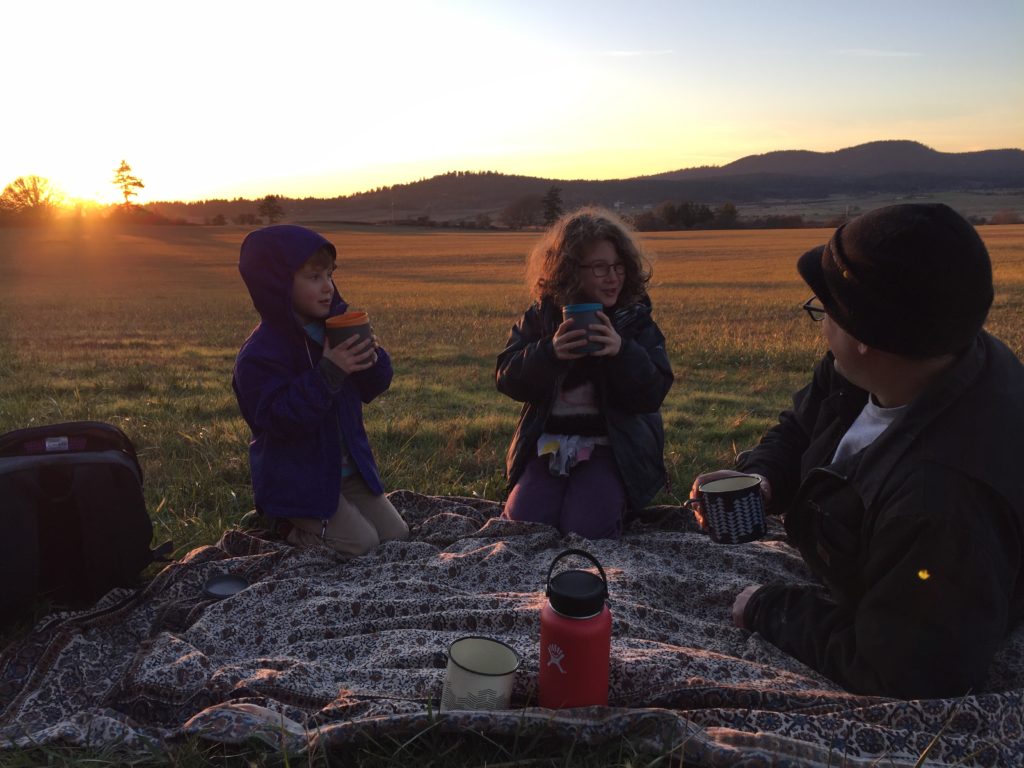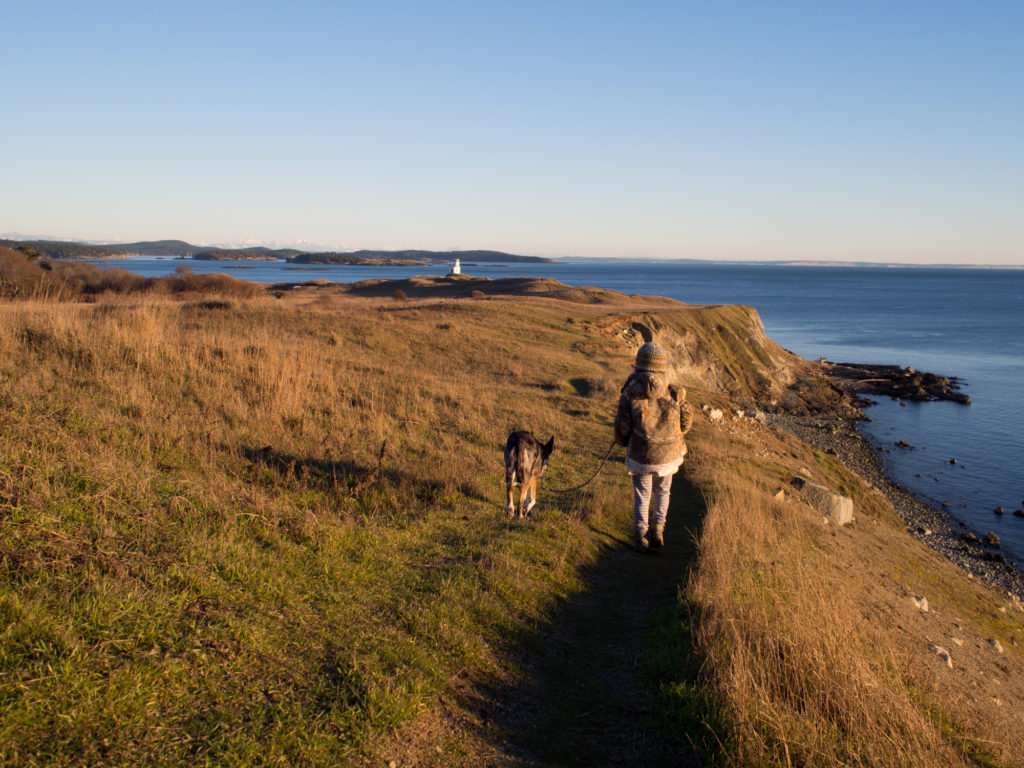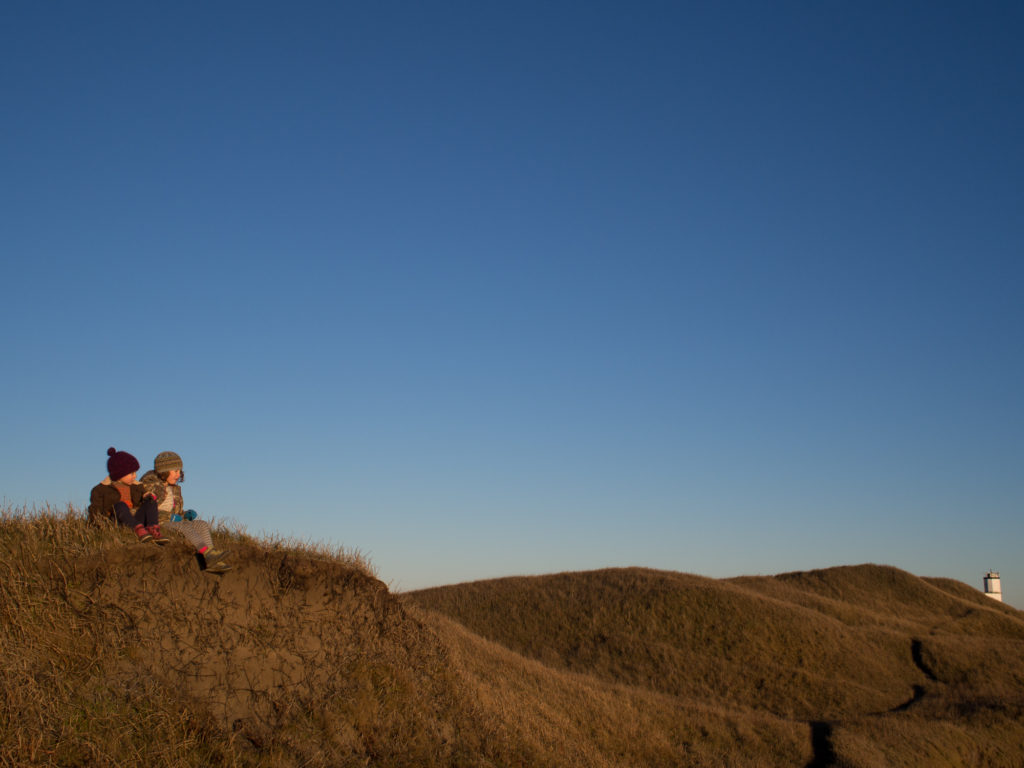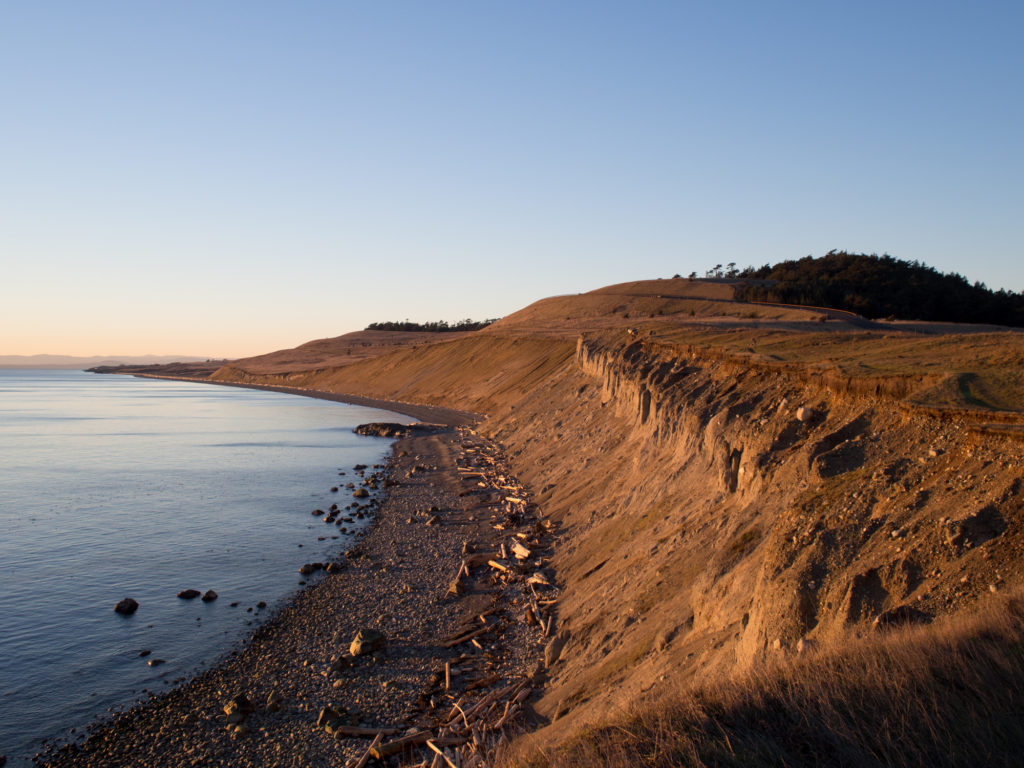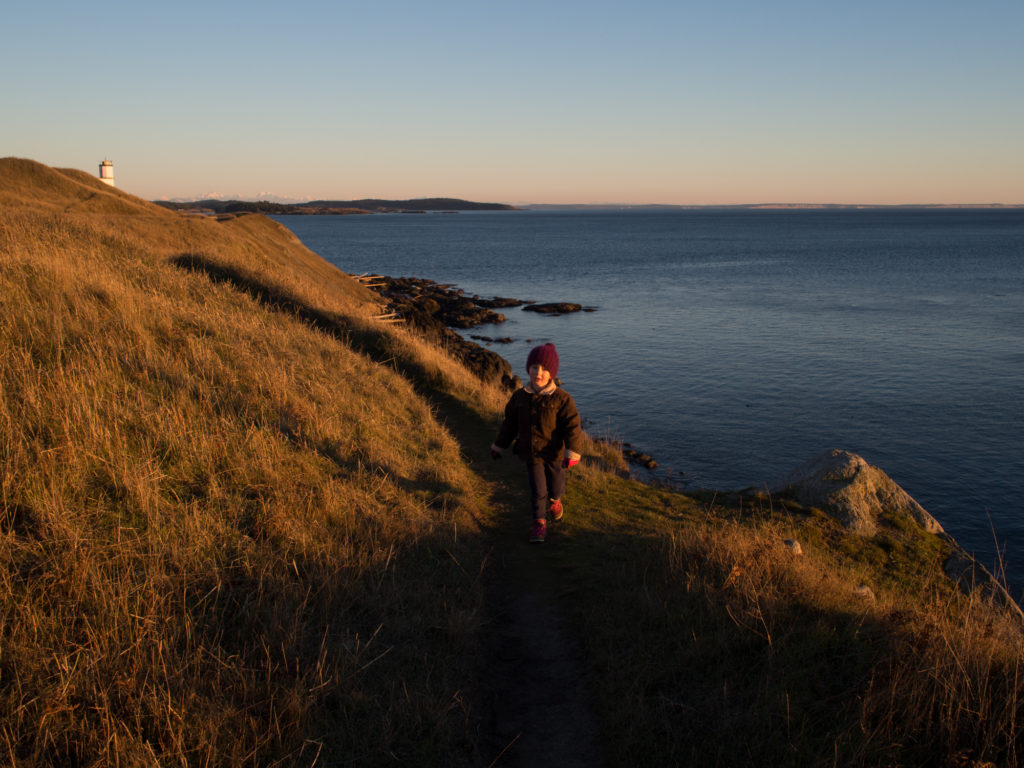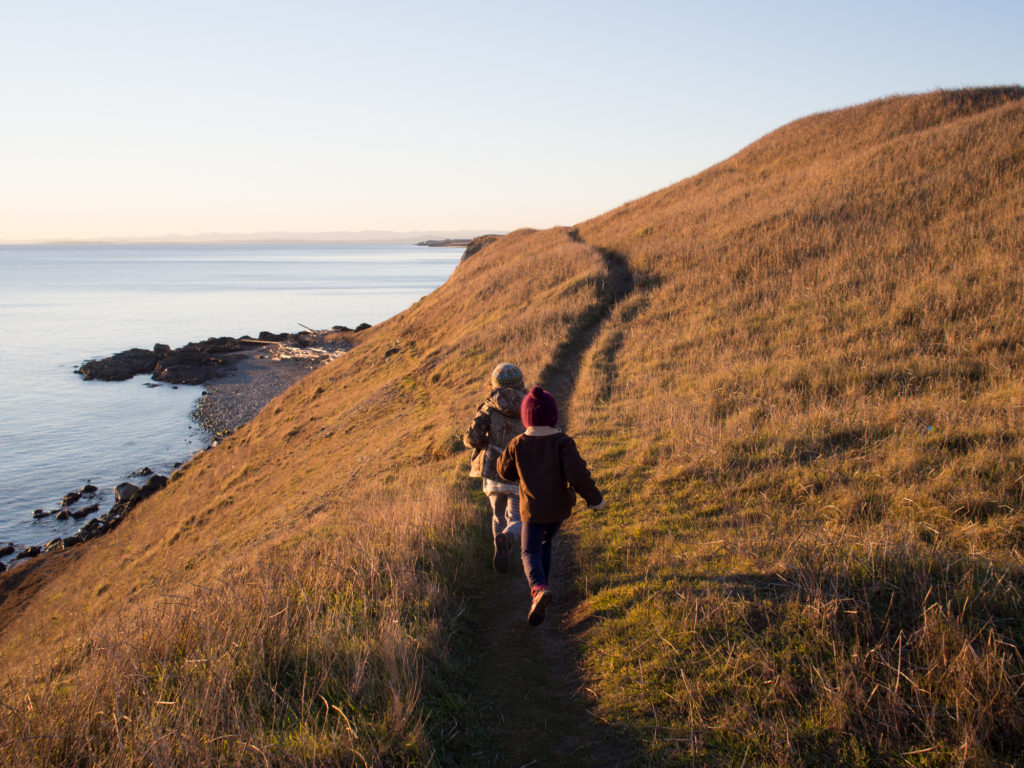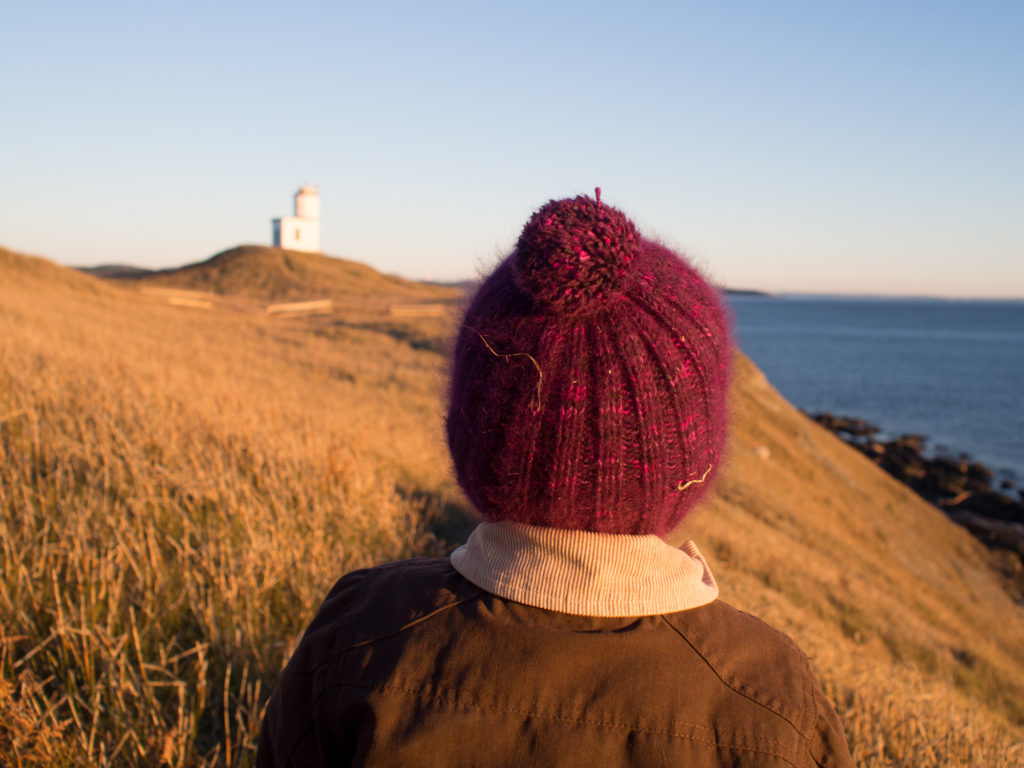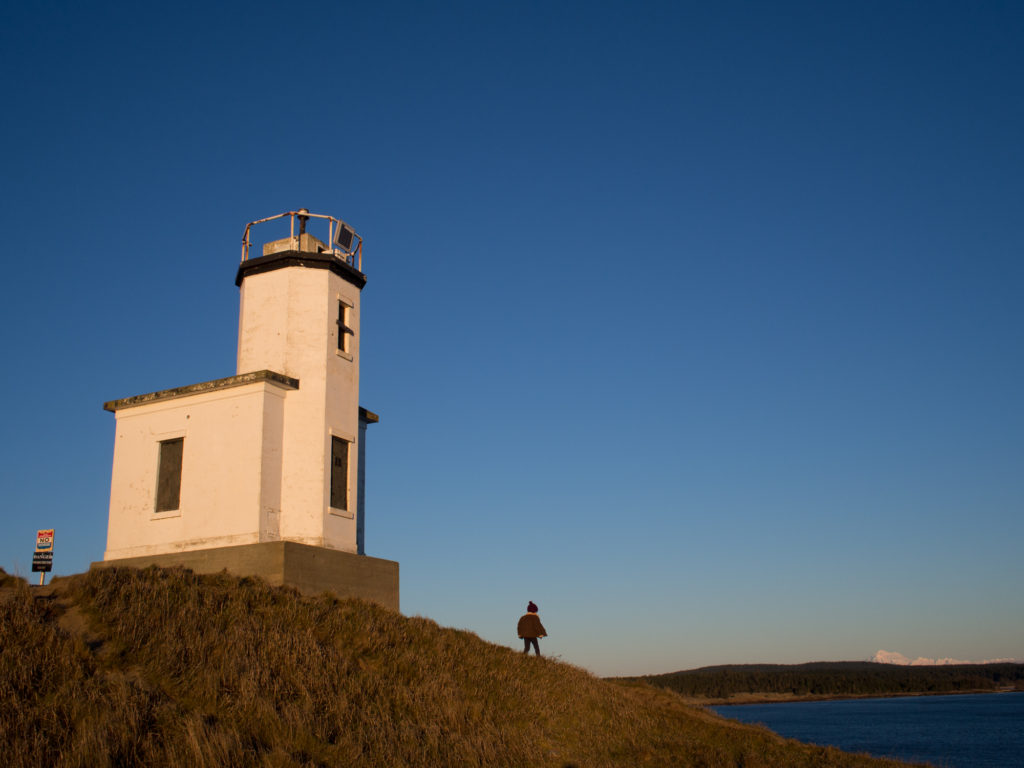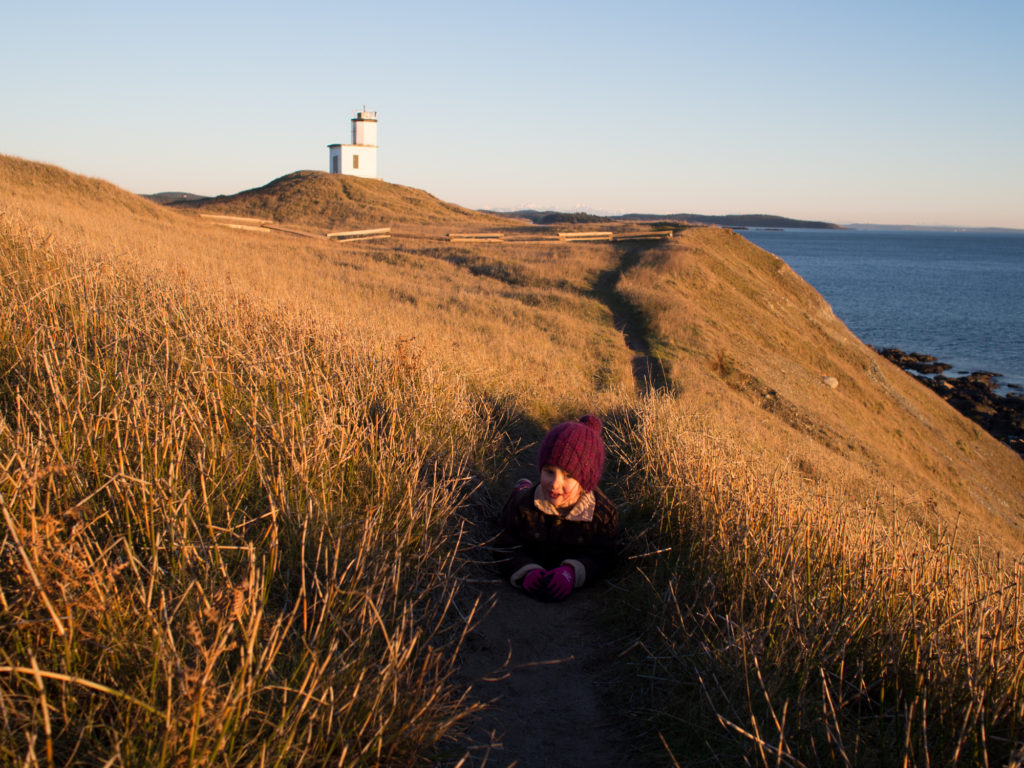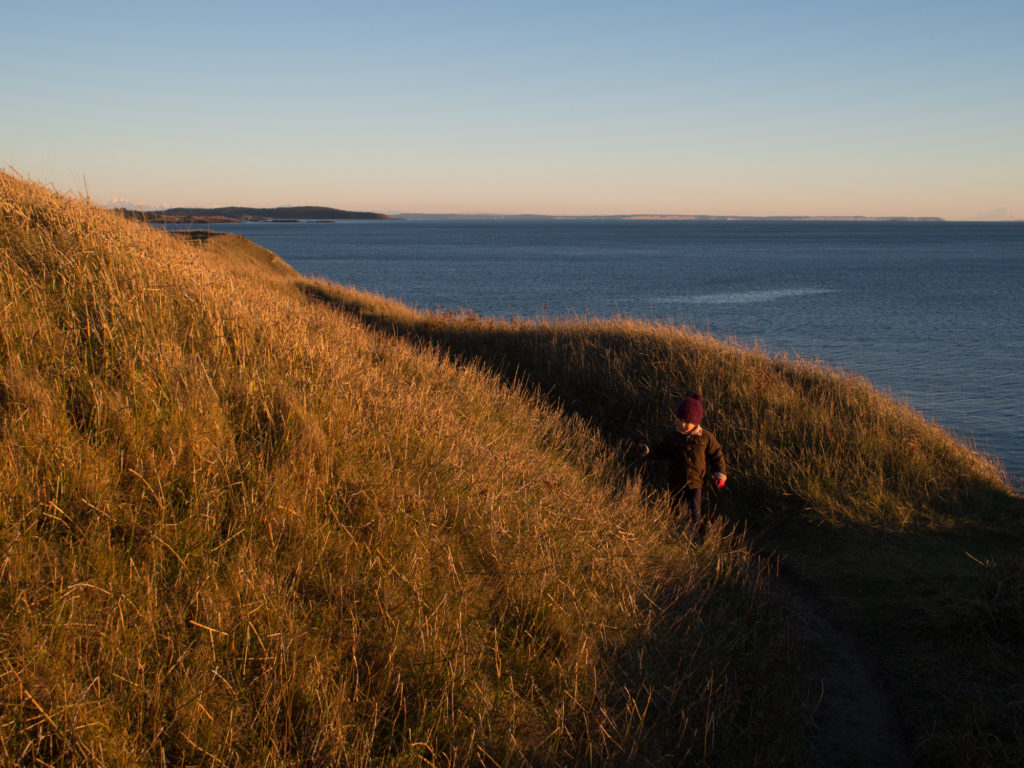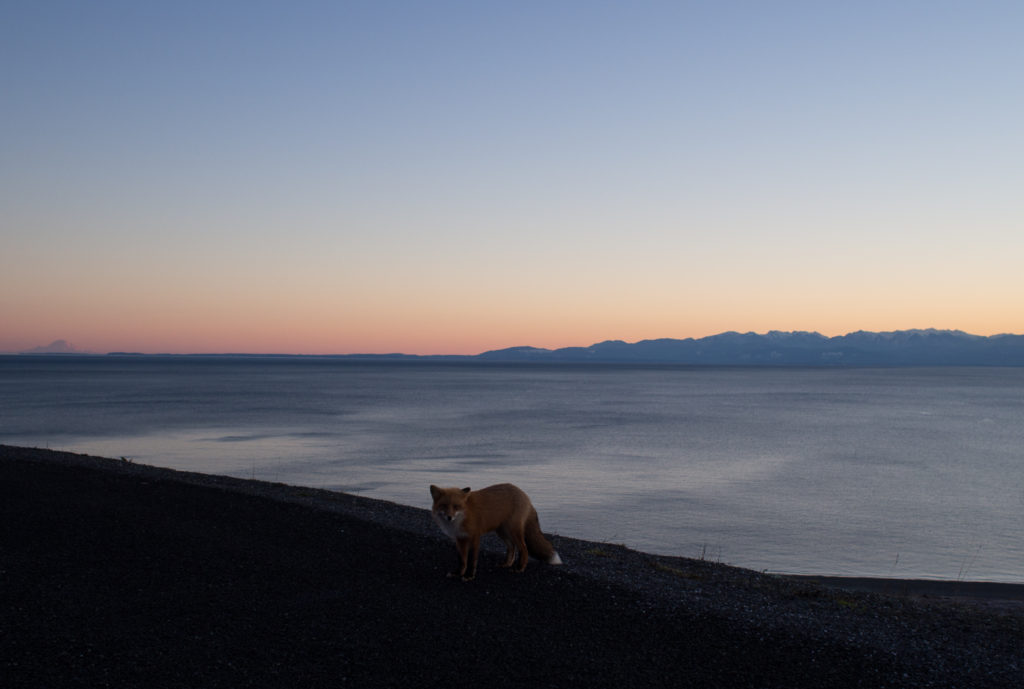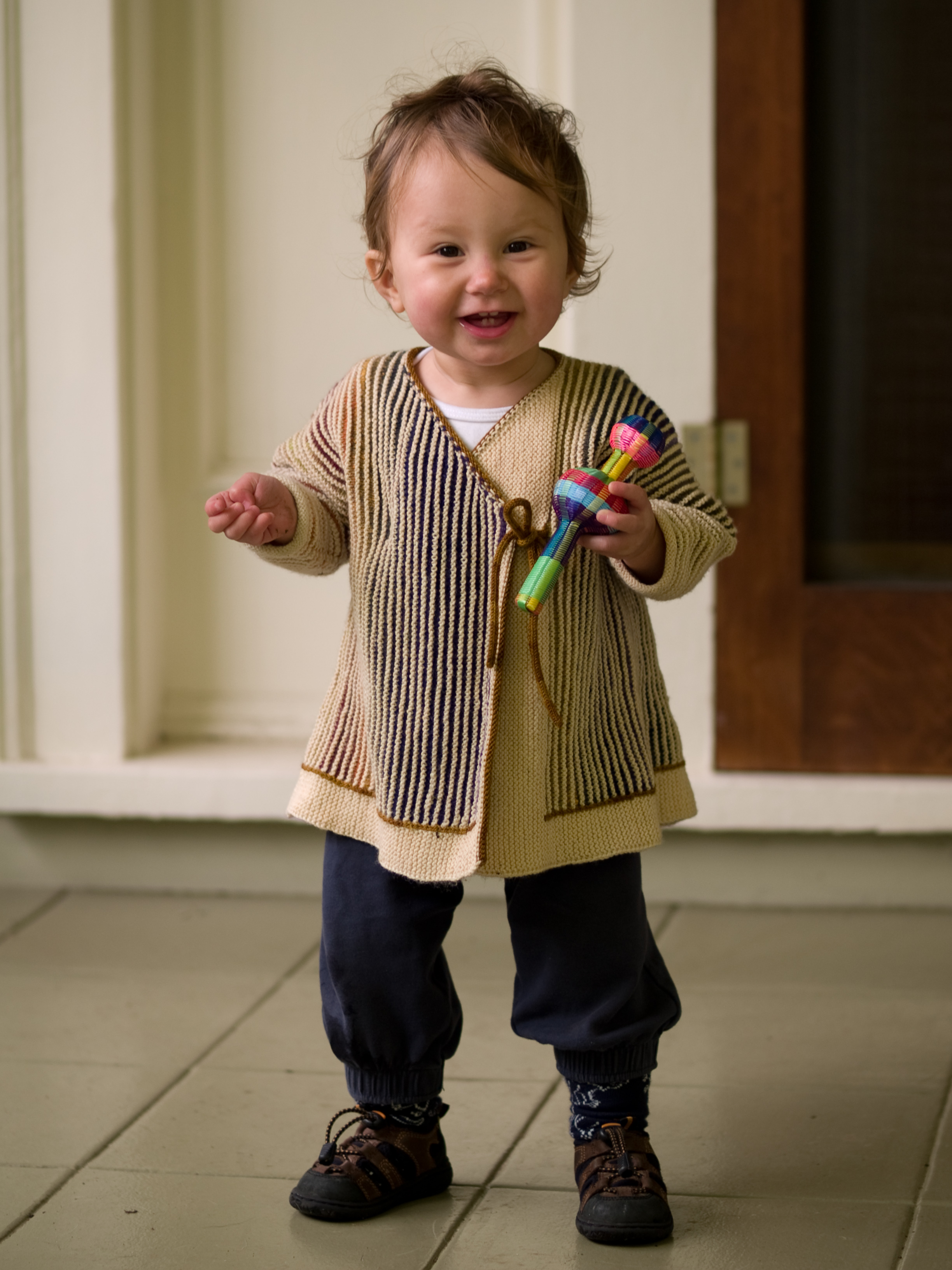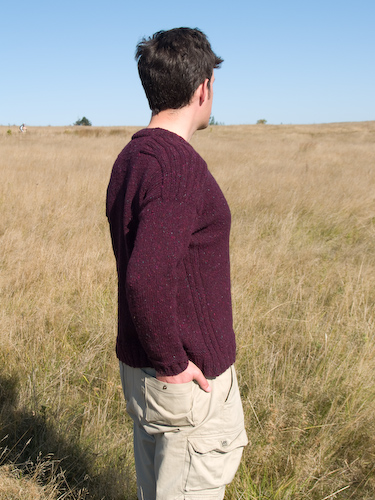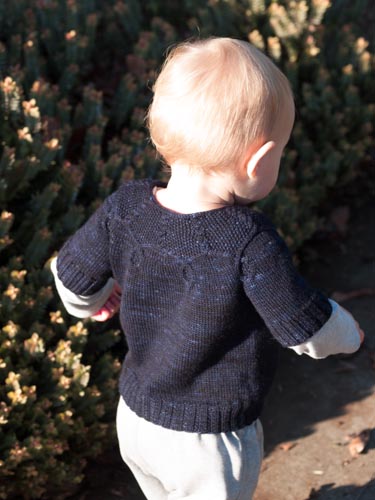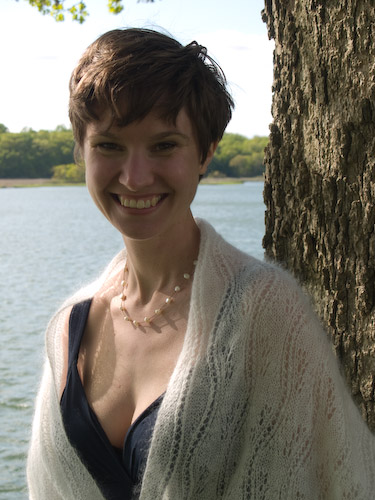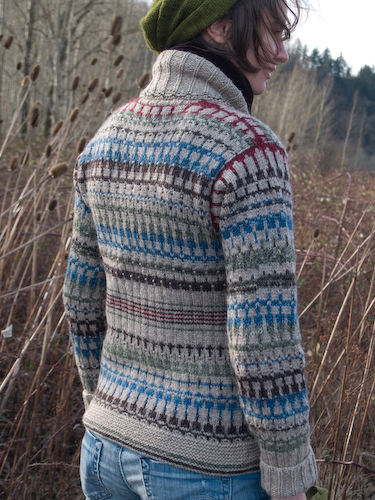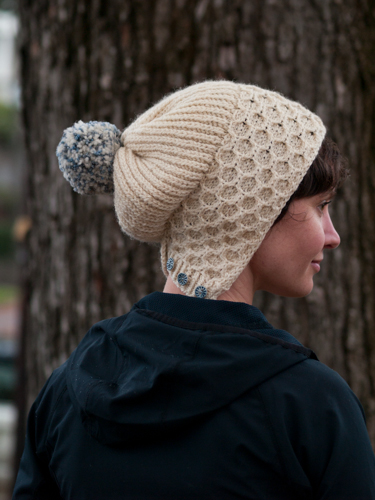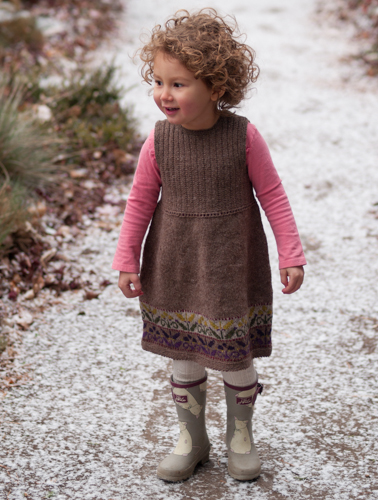I discovered a languishing draft post and read it through this morning.
Photo by my mother-in-law — thanks, Alice!
… is exactly what I’m after: for this pair to hang on a barn gate and watch the sheep, to sweep the hayloft, to kick manure piles*. They’re getting perfectly filthy, and we’ve still to learn how to skirt fleeces. Goodness, our city life is clean and pampered. In the words of Pongo (and how often I have listened to the words of Pongo in the past few months — Dodie Smith’s The 101 Dalmatians is Ada’s very favorite book, and if you’re someone who reads with kids you should definitely hunt up a copy), “Pampering does good dogs no harm, provided they don’t come to depend on it. If they do, they become old before their time. We should never lose our liking for adventure.”
The scale of the adventure in muckling onto a sheep who’d rather not have a haircut or in assaulting the encroaching blackberries and hawthorn with a brush mower is, perhaps, modest. We are only just starting to hone our country sense and strengthen our country muscles for the work this farm represents. This work will humble us. Fencing — and oh, there is a lot of it that needs to be rebuilt from scratch — is probably going to make me cry. Just putting one meal after another on the table without easy recourse to take-out when the tank of cooking mojo has run dry and everyone is exhausted and grumpy will require leaning in. (Luckily our house came with this amazing old edition of The French Chef Cookbook, so we can at least find plenty of humor in the black-and-white photographs of Julia cheerfully and athletically preparing to bludgeon an unsuspecting future dinner.) But really, these daily challenges shape our natures more than the grand adventures that make it into the family photo album, don’t you think? We’re choosing this farm because we want it to mold us.
* For you urbanites, this is not just because we lack superior entertainment options out here in the sticks. Heaps of horse puckey kill the grass and provide nurseries for undesirable larvae.
April 2018
Skirting fleeces: check. We’ve done it for our own flock three times now and we’ve helped friends as well. I now feel competent to train others, so that I can be Chief Sheep Nabber on shearing day while deputizing my parents and other willing friends to shake out second cuts and pull off the daggy bits for composting. I have a seven-year-old who can write sheep’s names (if sometimes with inventive spelling: “Mod,” “Daphinae,” “Pershephune”) on the plastic bags receiving their fleeces and can run to fetch the bottle of CDT vaccine from the refrigerator or the sharper pair of seccateurs from the drawer in the tack room. This year we hosted new acquaintances who brought their four little Black Welsh Mountain ewe lambs in the back of their station wagon; we taught them how to skirt and how to trim hooves, too. We leveled up the adventure by tackling the llama’s first shearing in many years. He was really pretty decent about it all, but he does not enjoy oral dewormer and my poor dad, sitting on the fence ten feet away, was caught within the spray radius. Nor does he suffer injections lightly. I think I managed to deliver half his vaccine dose before just dodging a lightning hoof strike. Oh well, Chico, I tried. Here’s hoping we can break the natural parasite cycles by rotational grazing this season.
I talk and think about things like parasite cycles and rotational grazing quite a lot nowadays. I remember joking with my husband, soon after we’d had our first baby, that we couldn’t remember what we used to talk about before we were parents. Now I hardly know what we talked about before we were farmers. We’re terribly fortunate to have made friends with another farming family as nerdy as we’ve become about forage samples and manure; I’m not sure who’d be brave enough to come to dinner anymore otherwise. But it’s not isolating, this farm life. It’s connective. We’ve met so many helpful mentors and likeminded folks who care about growing things and solving rural problems and keeping these islands vital through agriculture and community building. It’s a new lens on a place I’ve known and loved my whole life, and it’s fresh soil for experimenting with different ideas about how to live and work and devote ourselves to a place and its inhabitants.
Farm life is never dull, either. The chore list never gets any shorter, but the jobs are varied and the work is real and there’s plenty to laugh about, too. You realize you’ve shifted into a different mode of living when you’re picking bits of baling twine out of your lacy undergarments, or when your husband accidentally slingshots you in the eye with a foam ear plug while shaking out the laundry. You have to appreciate the comedy in casually hanging about on the fenceline with binoculars trying to get a good look at a ewe’s lady tackle to see if she’s getting near lambing, or in racing to town for school pick-up with water still sloshing in one boot because you lost track of time trying to shampoo a sheep in a water trough before the breed association’s national show. There’s a stimulating power in building the creativity to lay track in front of the train when the breeding ewes you were leading to the ram’s pasture take fright and bolt back toward the barn with the eager baby-daddy out the gate after them in a flash and your enticing grain bucket now of interest to nobody.
Do we still miss Portland? We do. We have unbreakable ties to people and to ways of being that we developed during our years there. We did a lot of living in that little red house on 48th Avenue, and I’m still wistful about that home (particularly the kitchen). Did we do right to make this leap? Absolutely. And now I’m off to go move some electric fencing and then pick bits of nature out of another fleece while the sun is shining.
